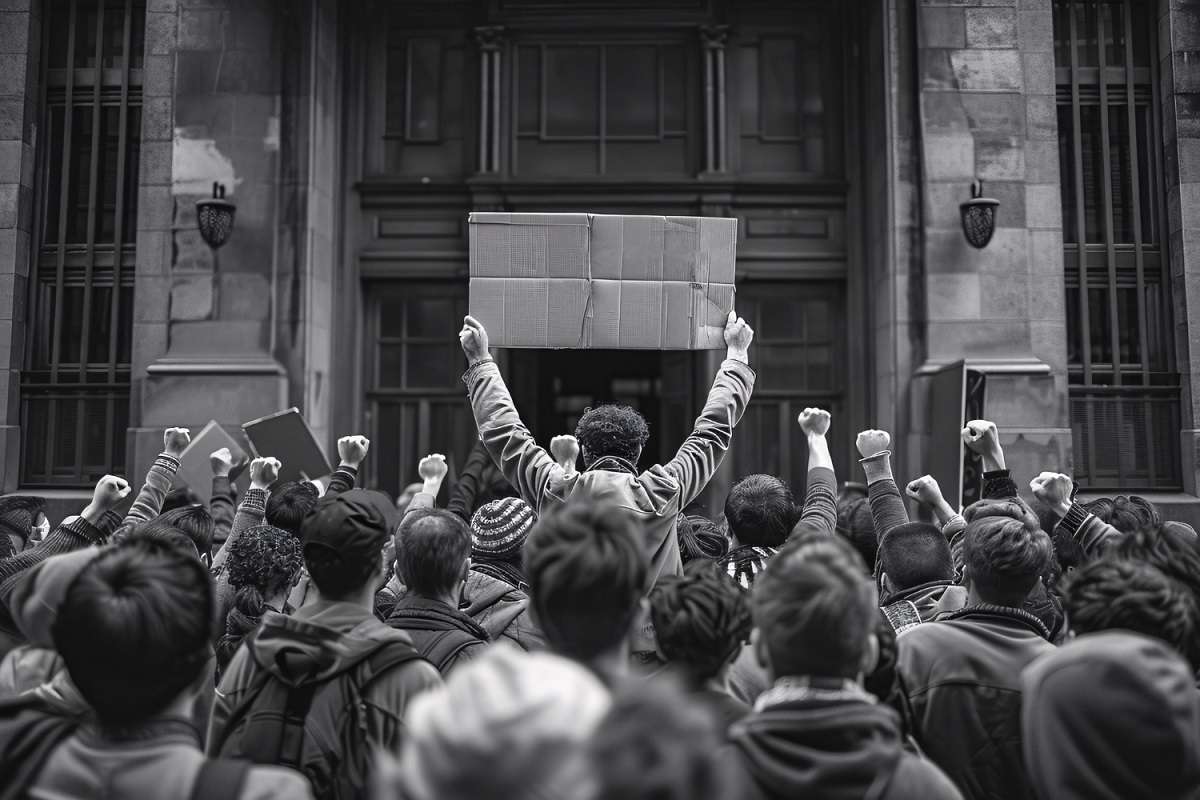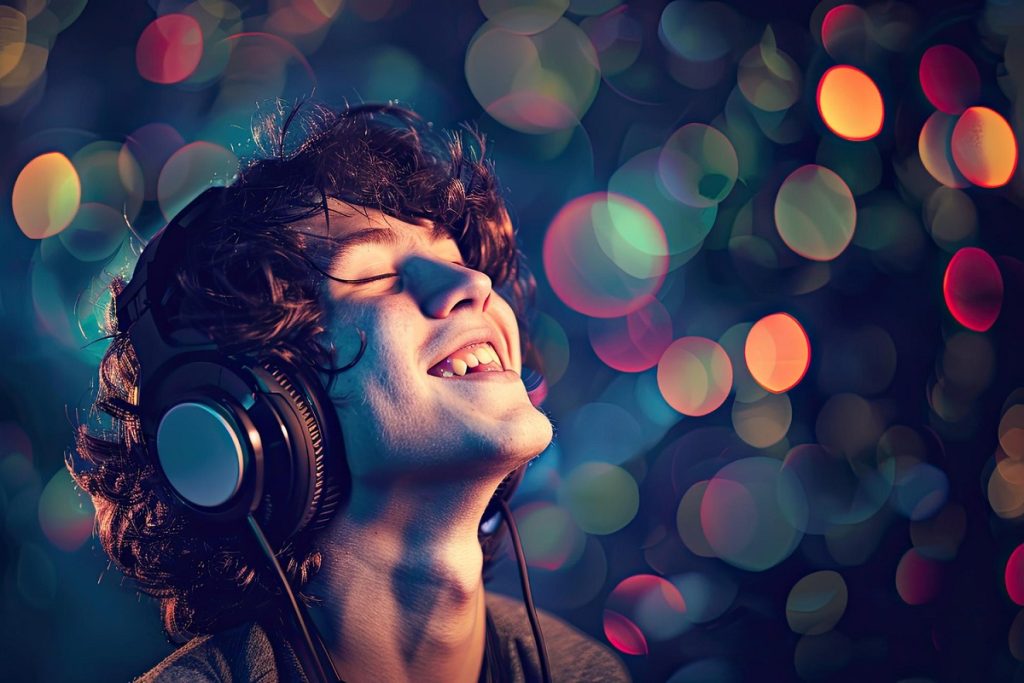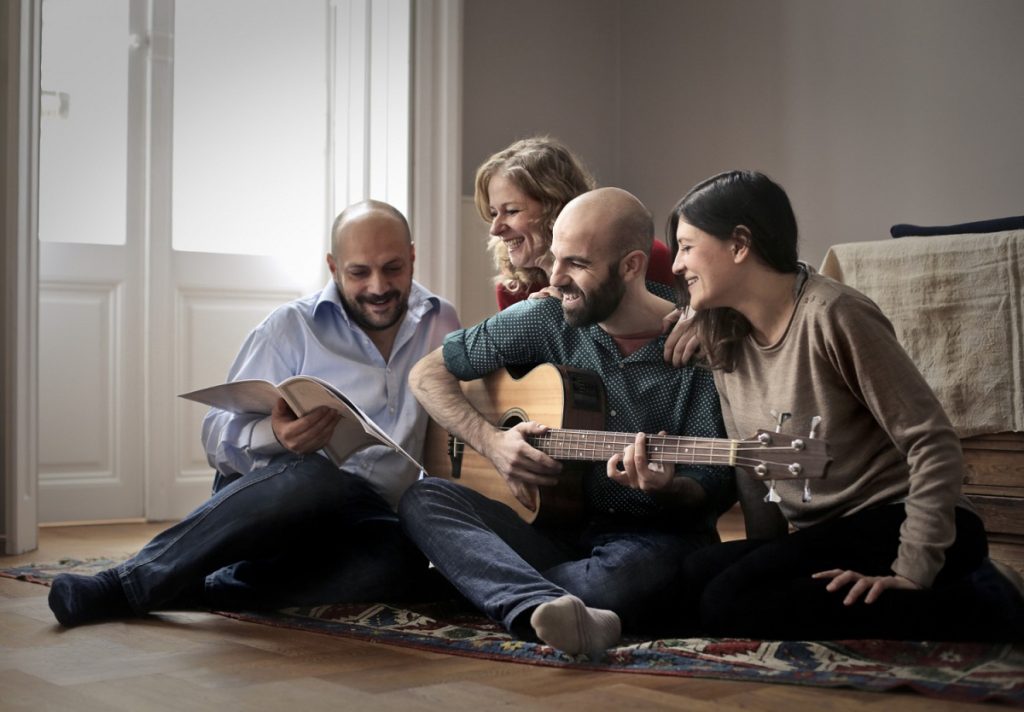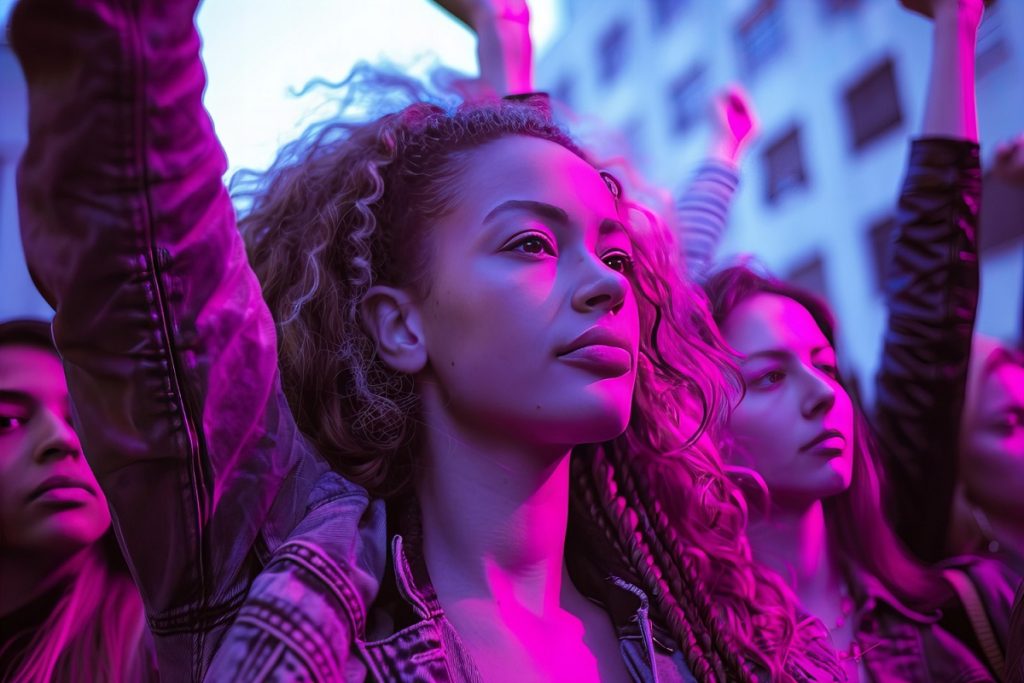Music and politics have historically forged a dynamic bond, transcending simple entertainment to become a powerful tool for social change. This article delves into how music not only reflects societal shifts but actively participates in them, capable of inspiring masses and mobilizing movements.
The symbiotic relationship between music and politics
Music serves as a cultural barometer, often reflecting the prevailing societal attitudes and trends. However, its role is not passive; music has the power to influence and shape political discourse.
Through compelling rhythms and poignant lyrics, it communicates ideas, stirs emotions, and motivates action, becoming an anthem for political causes.
Music as a tool for expression and protest
In times of political turmoil, music becomes a crucial outlet for expression and dissent. Iconic songs like Bob Dylan’s “The Times They Are a-Changin'” or Billie Holiday’s “Strange Fruit” have captured the spirit of their eras, critiquing societal injustices and rallying people towards reform.
Such tracks resonate deeply, allowing a collective voice to emerge from the chorus of individual ones.
Empowering communities and fostering solidarity
Music’s ability to galvanize community action cannot be overstated. It transcends linguistic and cultural barriers, creating a shared space for dialogue and action.
Anthems like “We Shall Overcome” during the Civil Rights Movement or “Bella Ciao” in the anti-fascist resistance highlight music’s role in unifying and strengthening communities against common adversities.
Inspirational impact on youth movements
The youth often lead the charge in revolutionary movements, and music significantly impacts their mobilization and sustained engagement. Rock and hip-hop, in particular, have been pivotal in voicing the frustrations and aspirations of the younger demographics, inspiring them to think critically and act decisively.
Raising awareness and educating the masses
Music does not merely rally people; it educates and informs. Musicians like John Lennon with “Imagine” or Marvin Gaye with “What’s Going On” have used their platform to address complex sociopolitical issues, encouraging listeners to question and understand the world around them.
Music festivals as hubs of influence
Events like Woodstock or Live Aid demonstrated that music festivals could become epicenters of political activism and awareness, assembling diverse individuals who share common concerns about global issues like poverty, injustice, or environmental crises.
Challenges and criticisms
Despite its profound influence, the intersection of music and politics is not without criticism. Detractors argue that commercializing politically charged music can dilute its message, turning earnest protest into mere entertainment.
Furthermore, the appropriation of these songs by contradictory political groups can skew their original meanings and intentions.
Navigating commercial pressures
Artists often face the dilemma of balancing their creative integrity with commercial success. The challenge lies in maintaining the authenticity and impact of their political messages despite industry pressures and mainstream expectations.
As we advance, the relationship between music and political activism is poised to evolve with technological advancements and changing social dynamics. Platforms like social media have already transformed how music is used in activism, enabling instant global reach and unprecedented engagement.
In conclusion, music remains a potent tool for political movements, capable of educating, uniting, and inspiring action. While challenges exist, its soul-stirring capability to evoke change is undeniable and will undoubtedly play a crucial role in shaping future political landscapes.
By understanding these dynamics, we gain insight into not only the art of music but also the heartbeat of societal change it often encapsulates.






